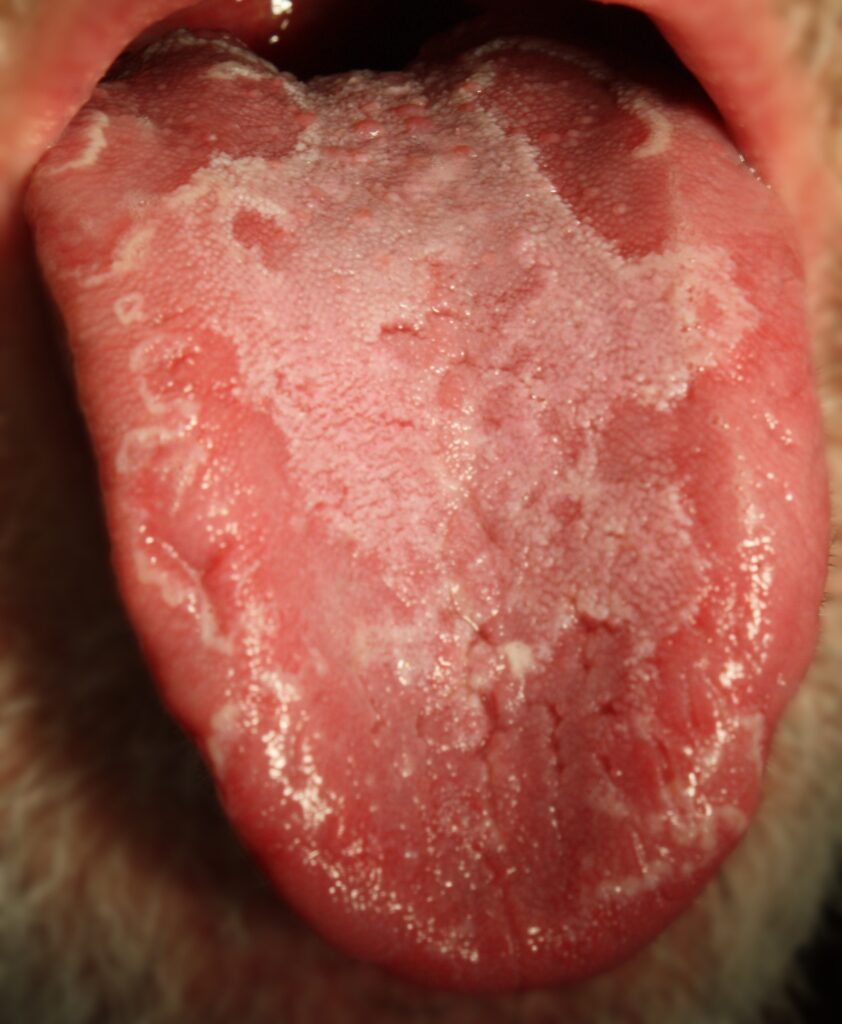Living with Crohn’s disease can be challenging. It’s common to think of managing your diet. This chronic inflammatory bowel disease affects the digestive tract and causes many symptoms. Common symptoms are abdominal pain, diarrhea, fatigue, and weight loss.
There is no universal “Crohn’s disease diet”. Some foods can help reduce flare-ups, promote healing, and improve overall quality of life.
Understanding Crohn’s Disease and Nutrition
Crohn’s disease is an inflammatory disorder that affects the gastrointestinal (GI) tract. During flare-ups, the lining of the intestines (bowel) becomes irritated. This makes it difficult to digest some kinds of foods. Subsequently, poor nutrition can exacerbate symptoms and lead to complications like malnutrition or dehydration.
Dietary changes alone can’t cure Crohn’s disease. Diet plays an important role in controlling symptoms and supporting gut health. The key is to identify which foods work best for you. It’s also important to know which food can trigger discomfort.
1. Low-Fiber: Fruits and Vegetables
Fiber is essential for healthy digestion. If you have a flare-up of your disease, avoid high-fiber foods like raw vegetables and whole fruits because they can irritate your gut. Eat low-fiber food instead.
Some low-fiber food options are cooked carrots, zucchini, and spinach. You can also consume ripe bananas, applesauce (with no added sugar), cantaloupe and honeydew melons.
Low fiber diet is easier to digest and contains essential nutrients.

2. Lean Proteins
Proteins are required for repairing tissues and maintaining muscle mass. In inflammatory diseases proteins are especially needed. Be careful of fatty meats because they worsen symptoms.
Lean protein sources include skinless chicken and turkey, fish rich in omega-3 fatty acids (such as salmon and mackerel). Omega-3 fatty acids have beneficial anti-inflammatory properties.
Other sources of lean proteins include eggs. There are also plant-based options like tofu and tempeh.
If you have severe flare-ups, you can consume protein shakes or smoothies which can be made from lactose-free milk or almond milk.

3. Refined Grains
Whole grains are packed with fiber. They may not always be suitable for someone experiencing a Crohn’s flare. Refined grains are smoother on the stomach.
Gluten-free bread and pasta, white rice, and oats are readily available refined grains.
Added sugars and artificial additives be irritant. Always check labels for them.
4. Healthy Fats
Fat is a source of energy. It also supports nutrient absorption. Some fats—like trans fats and saturated fats—can aggravate Crohn’s disease symptoms.
Look for healthier alternatives like olive oil, avocado, and coconut oil. You can also eat nuts and seeds, in moderation, to avoid any possible discomfort.
These types of fats are less likely to cause irritation of the gut and offer anti-inflammatory benefits.

5. Probiotic-Rich Foods
Patients with Crohn’s disease should maintain a healthy gut microbiome. Taking probiotics introduces beneficial bacteria into the digestive system. This helps to restore the normal balance between “good” and “bad” bacteria in the gut, and to reduce inflammation.
The following foods are recommended as healthy Crohn’s disease diet are rich in probiotics:
– Yogurt (choose lactose-free varieties if needed)
– Kefir
– Miso soup – Sauerkraut

6. Hydration
Dehydration may occur in Crohn’s patients due to frequent diarrhea. So, it’s important to stay hydrated, as a part of treating the disease and to manage symptoms.
Drink plenty of water and drinks throughout the day. Consider electrolyte-rich beverages like coconut water or diluted sports drinks during flare-ups of your disease.

Foods to Avoid During Flare-Ups
Avoid the following foods during flare-ups as they are common triggers:
– Spicy foods
– Caffeinated beverages (coffee, tea, soda)
– Alcohol
– High-fat or fried foods
– Dairy products (if lactose intolerant)
– Raw nuts and seeds
Important Tips to Manage Your Diet:
1. Eat Small, Frequent Meals. Large meals can disturb the digestive system. The aim is to eat five to six small meals throughout the day.
2. Cook well: fibers and proteins are softened with good cooking and become easier to digest.
3. Consult a Dietitian to create for you a personalized meal plan according to your needs.
4. Maintain your dietary plan even when feeling well. If you stick to correct diet plan for you, the risk of having future flare-ups will less.

Conclusion:
Crohn’s disease diet plan requires a more generalized approach. Medication, lifestyle adjustments, and dietary planning are all necessary. Important dietary changes include low-fiber diet, lean proteins, refined grains, healthy fats, and probiotics.
Every patient is unique—what works for one person might not work for another. You may not exactly require the same management plan prescribed for others. But, when you adapt to your own plan, you will live better, and you will have a control on your disease.

